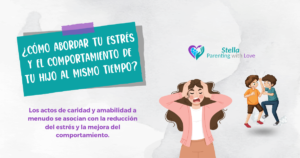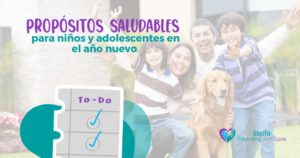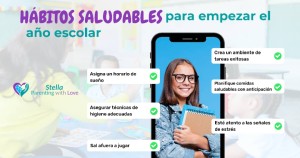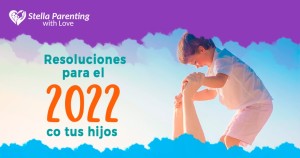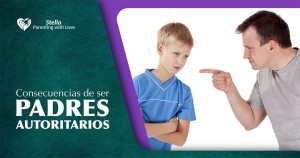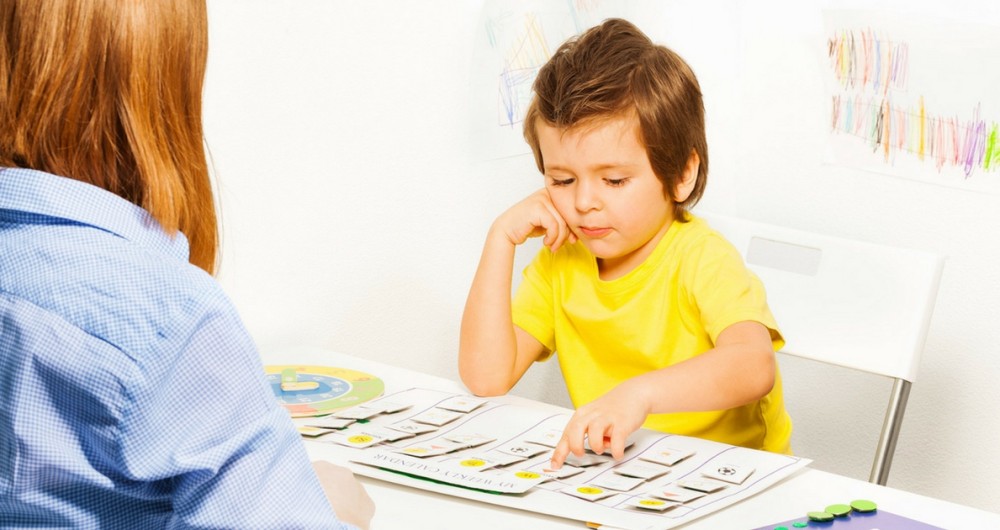
Álvaro Bilbao: Three things about your children's brains that will help you give them all your confidence
The neuropsychologist Álvaro Bilbao is committed to educate our child to trust himself, an ability that will undoubtedly help him to go through life better. And to achieve this noble goal, Alvaro reminds us of three things. First, he states that it is dangerous to tell little lies to our children to get them where we want them to go, because doing so "activates the insula, which is responsible, for example, for rejecting bad food". With this type of lies, "that confidence is wearing away", so, he concludes, "my recommendation is that you do not lie to your children."
Another thing that Alvaro tells us is that "when we give negative messages, that information is burned in the hippocampus, where we store all the information about us and the world, like if you put your finger in boiling water you'll get burned. If we give them negative messages, like "you never try too hard," "the brain stores the negative messages and incorporates them into their knowledge about the world and about themselves. And it won't be able to put its finger on the task that's difficult, because it knows it never tries hard enough." Negative messages force our child to "act according to what their brain says is going on in the world", so Alvaro's recommendation is that we give lots of positive messages and minimize the negative ones.
If we want to prepare a child for life, we should be very careful about overprotecting them. And this is how Álvaro explains it, travelling through the brain again: "When a child faces a difficult situation, two important brain structures will be activated: the amygdala (an alarm that indicates dangerous situations) and the prefrontal cortex (which is activated when a challenge has to be faced). Fear and courage coexist". But, "when you solve a problem for him, that part that faces the dangers is deactivated and the only part that is activated is the amygdala. You are teaching your child that he is not capable and that in a dangerous situation he must feel fear because he has not trained the structure of the brain that will allow him to cope with things successfully". Alvaro asks us not to overprotect our children and that "if they make mistakes don't worry because they will learn from their mistakes".



